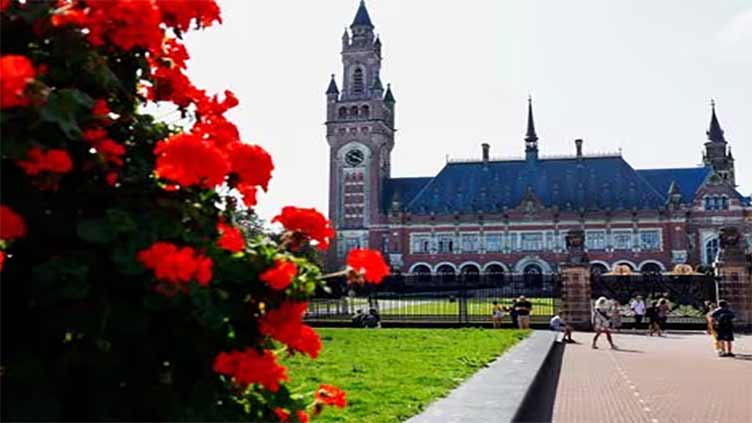Guyana asks World Court to stop Venezuela's referendum over disputed territory

World
Guyana asks World Court to stop Venezuela's referendum over disputed territory
THE HAGUE (Reuters) - Guyana asked the World Court on Tuesday to issue an emergency order for Venezuela to stop a planned Dec. 3 referendum over its rights to a potentially oil-rich territory that has long been the subject of a border dispute between the two neighbours.
In April the International Court of Justice, as the World Court is formally known, ruled that it had jurisdiction over the issue. A final ruling on the main case could be years away.
According to Guyana representative Carl Greenidge, the referendum over the 160,000 square km (61,776 square mile)Esequiba region of mostly impenetrable jungle, poses an existential threat to Guyana's territorial integrity.
"It seeks to create a new Venezuelan state that purports to annex and incorporate into its own territory Guyana's entire Esequiba region, more than two thirds of its national territory and to grant Venezuelan citizenship to the population," Greenidge said.
Lawyers for Guyana said Venezuela's plans were a textbook example of annexation.
The Venezuela referendum has been described by critics as a way for the ruling party to test its support ahead of planned elections next year and to encourage the international courts to give it full rights over the disputed border territory.
Venezuela's Vice President Delcy Rodriguez, who is in the Hague for two days of hearings, accused Guyana of making an "unprecedented, extraordinary, staggering, barbarous" request in urging a halt to the referendum.
In comments broadcast by state television, Rodriguez said Venezuela's representatives would make a strong case on Wednesday when they speak in the court, adding that the vote would go ahead on Dec. 3 as planned.
"We're facing a very dangerous... threat and risk that the constitutions of our countries can be overturned because a country simply doesn't like them," she said.
Venezuela's claim over Esequiba was reactivated in recent years after the discovery of oil and gas near the maritime border. Just last month Guyana announced another significant discovery in offshore areas.


